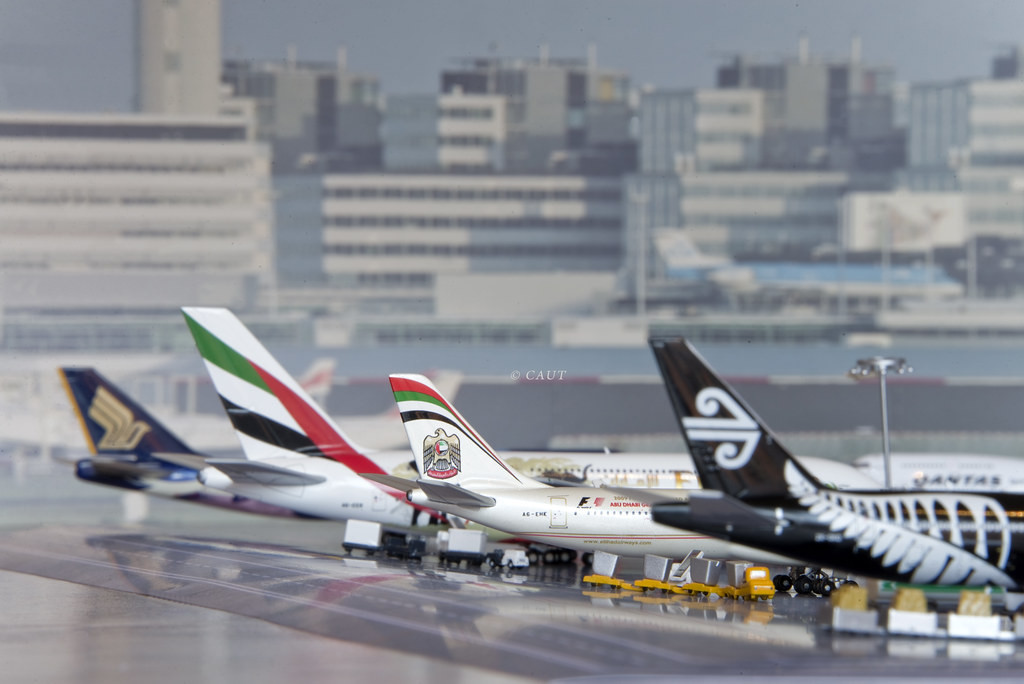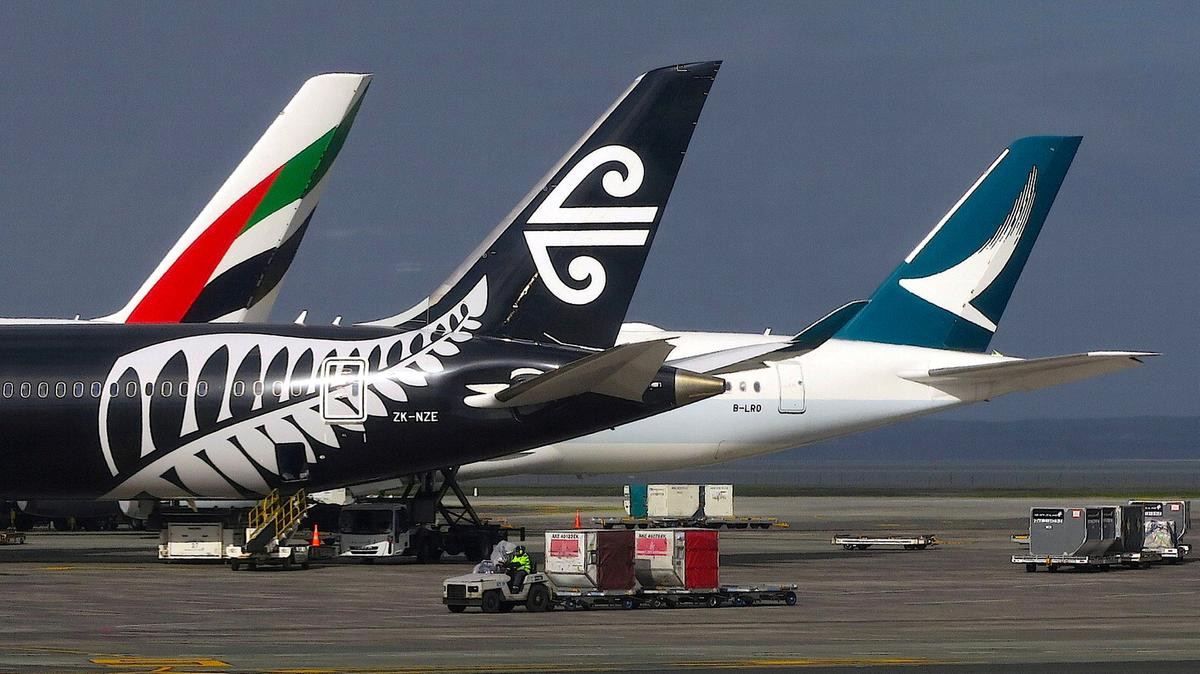

Airlines In The Middle East Could Recover Quicker
Saturday 11th of April 2020
Airlines In The Middle East Could Recover Quicker
In the Middle East, covid-19 has already cost airlines $7 billion in revenues, according to the International Air Transport Association (IATA), which estimates that carriers in the region will lose out on $19 billion this year. Although this is the case around the world, some analysts have suggested that the Middle East aviation market is in a better position than Europe and the US.

Michael Wette, a partner at international consultancy firm Oliver Wyman: If the numbers hold, maybe the Middle East can reopen as the next region after Asia, way before the US. Governments in the Middle East see aviation and connectivity as core to their countries; if they put up a proper program that helps, then maybe these players can put the core of the schedule and the network back into place sooner.
The UAE has continually declared how important its position as an international aviation hub and gateway between China and Europe is to its economy. Recently, Emirates SkyCargo scaled up cargo operations to connect to an increasing number of global destinations to deliver food, medical supplies and other essentials.